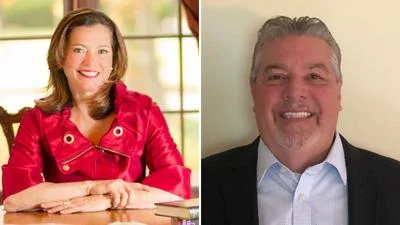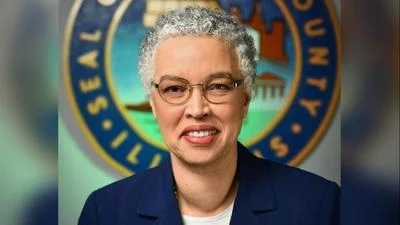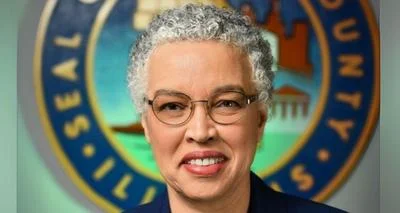The Village of Hinsdale ended a three-year legal battle last month over a proposed sober living facility. | Village of Hinsdale, Illinois-Government/Facebook
The Village of Hinsdale ended a three-year legal battle last month over a proposed sober living facility. | Village of Hinsdale, Illinois-Government/Facebook
The Village of Hinsdale ended a three-year legal battle, which included the U.S. Department of Justice (DOJ), over a proposed sober living facility, voting to settle a case out of court during the board's Jan. 31 meeting.
Michael Owens, owner of Trinity Sober living, purchased a property from the village in 2019, intending to turn it into a 10-bed, sober living facility for those recovering from substance abuse issues. The village code, however, limited the number of unrelated people living together in a single-family property to three, so the board denied Owens' attempts to house more than that. Trinity filed a lawsuit against the village in response, claiming disability discrimination, with the DOJ joining the lawsuit the following year, claiming the village had violated the Fair Housing Act.
Village President Tom Cauley said the settlement was necessary because the federal government had gotten involved, essentially subsidizing Owens' lawsuit and allowing the DOJ to dictate village policy.
"If we do not settle this case, and the case continues, we would still have a long way to go with expert discovery, summary judgment motions and trial," Cauley said at the meeting. "There’s little doubt in my mind that the federal government would also make these future litigation steps as costly for Hinsdale as possible. We believe it is in Hinsdale’s best interest to settle this litigation now, to avoid these future litigation costs."
Cauley also said that continuing to fight against the DOJ would be much more costly in the long run, as the village had already spent more than $2 million in legal fees in more than three years fighting the issue. The settlement included an $800,000 payout from the village, $790,000 of which would go to Trinity for legal costs and monetary damages and a $10,000 civil penalty to the U.S Treasury over the DOJ's involvement. Insurance would cover most of the costs, however, the total village expense would be $83,275.
As part of the deal, the village must designate a staff member as its fair housing compliance officer, provide training to its community development staff on the Fair Housing Act and the Americans with Disabilities Act and send annual reports on its compliance for the next four years, according to a report by the Hinsdalean. Cauley said Owens never intended to work within the village code.
“Trinity simply bypassed the village board and never gave local government the opportunity to do its job,” he said.
Cauley said in agreeing to the settlement, the village was not admitting that it was in violation of the Fair Housing Act, nor had it discriminated against anyone.
"It is important to discuss what this case was about, and what it was not about," he said. "The case was never about the village not welcoming those with disabilities to our village – all are welcome in Hinsdale. And the board recognizes the obligations under the Americans with Disabilities Act to make reasonable accommodations by providing zoning relief where appropriate to those with disabilities, which federal law defines to include those recovering from drug and alcohol addiction."
The village does and should have the right to establish its own housing code, the board argued, and the DOJ was "playing with the village" by essentially taking over the case on Trinity’s behalf.
One of the village magistrates added that the federal government had gone too far by involving itself in the case and trying to extend the fact-finding portion of the investigation, arguing that it was unnecessary in the case of a single sober living facility on a residential block in a small town. Cauley said the village wasn't at fault because Owens had no intention of complying with the rules and planned to open the facility "under the radar" and without the village's knowledge or approval.






 Alerts Sign-up
Alerts Sign-up